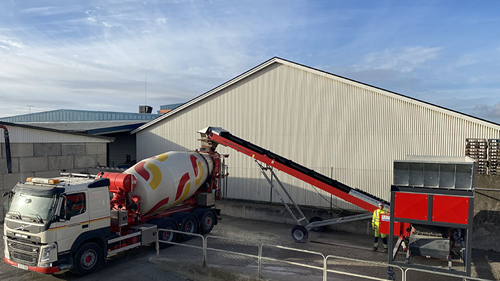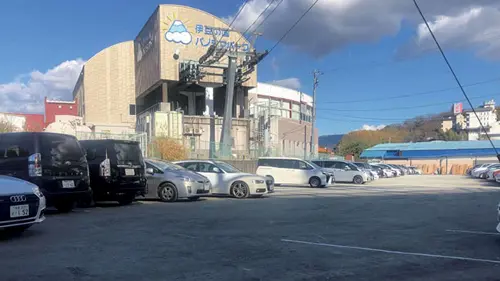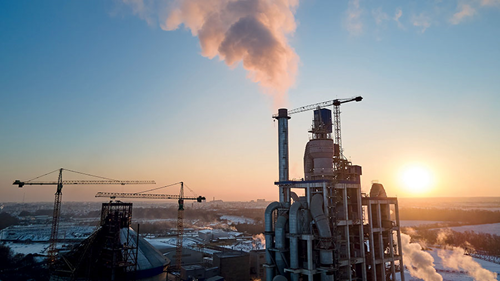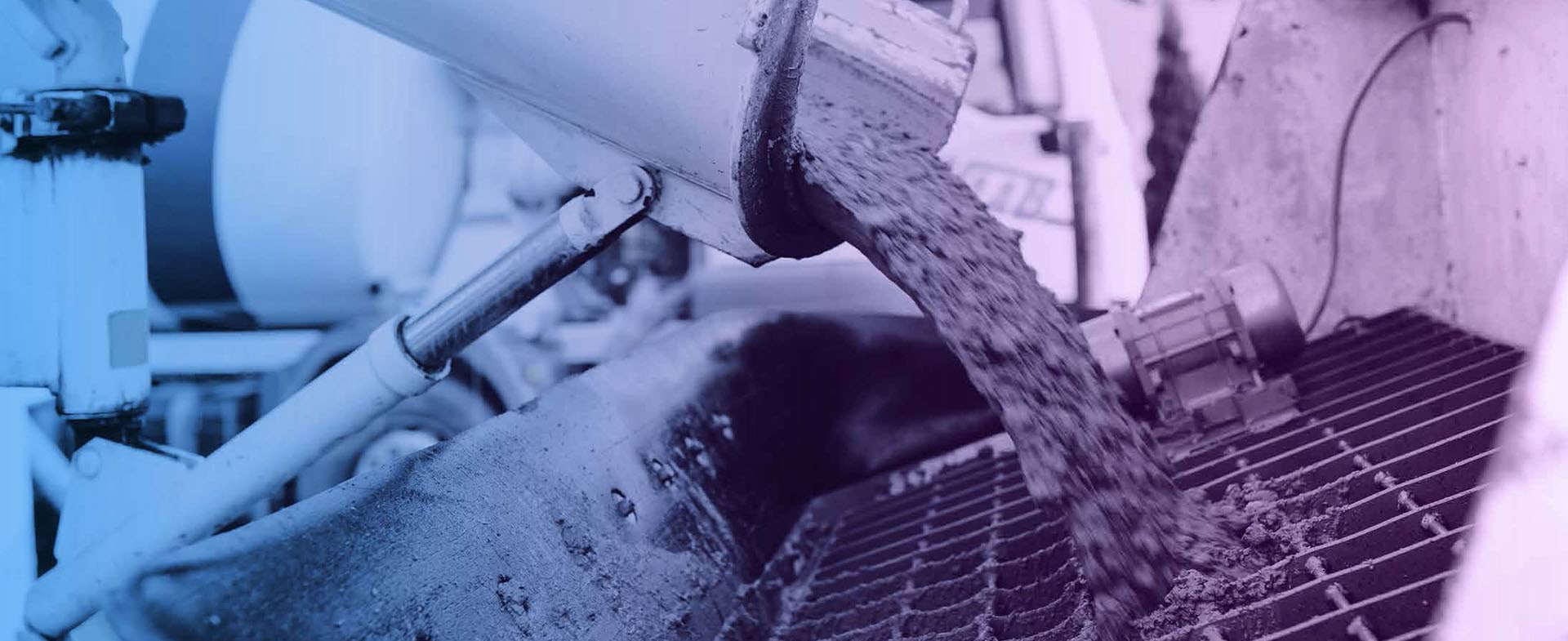
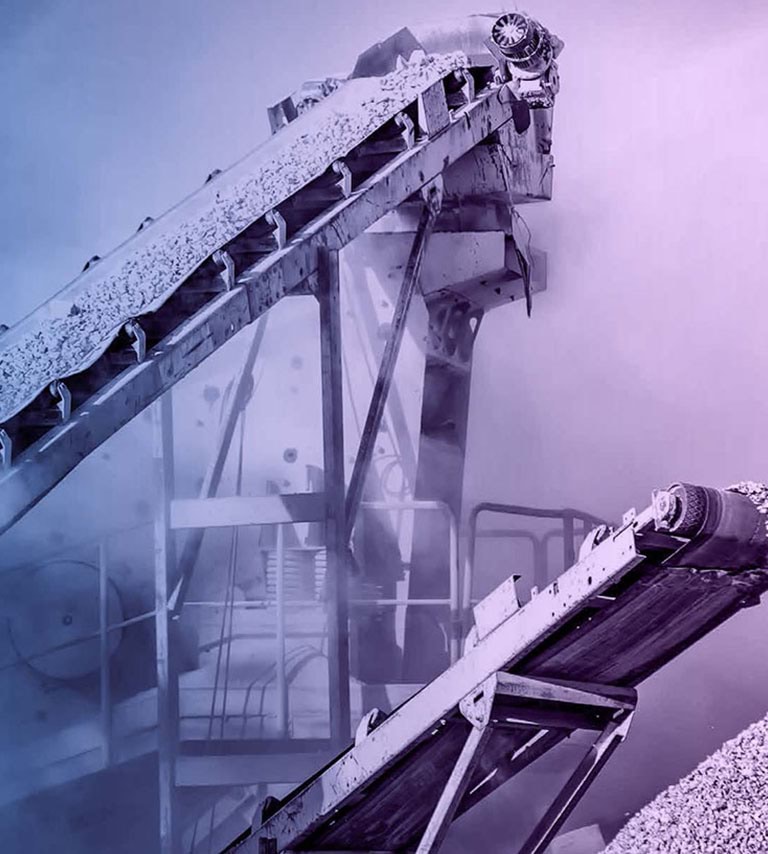
Concrete must improve its environmental performance to maintain its leadership
An interview with the Head of Concrete, Cement, and Export at Mapei France focusing on the challenges for French concrete manufacturers on the road to sustainability
Drawing on his 28-year long experience in the concrete industry, Patrick Montagne highlights the need to reduce the carbon footprint of concrete, as well as the impact of the RE 2020 environmental regulation in France and the contribution of the RE-CON solutions.
What is your current position at Mapei?
How long have you been working in the concrete industry?
According to you, what are the current main trends in the concrete industry? Is sustainability a crucial issue for the concrete manufacturers you usually deal with?
What are the main factors that encourage sustainability and which obstacles are there, on the other hand, towards manufacturing more sustainable concrete?
The sustainability of concrete is compulsory for the future of our industry. The new French environmental regulation called RE 2020 sets targets for the carbon footprint and environmental performance of buildings, with a progressive road map. The first steps are not so hard to achieve but it will become trickier in the next few years. The regulation focuses on the performance of the building, and not on each construction material: there are no specific performance requirements for concrete. The project manager is free to play with the design of the building and with a combination from a large portfolio of materials. In this situation, concrete must considerably improve its environmental performance to maintain its leadership as a construction material. It is also a great opportunity to add value to concrete.
On the other hand, two main obstacles need to be highlighted:
- the norms and standards do not allow us yet to use all the innovations available in the market: Innovations are introduced very quickly and our certification system struggles to maintain the same pace;
- the economic situation: we are facing a serious 3-year crisis in the French concrete industry and most producers are focused and struggling with the cost of the material. Until now there has not been a large economic advantage for sustainable concrete.
How are the RE-CON line products affecting the business of Mapei solutions in your market segment?

What are the winning characteristics of this line according to your experience of the market? What can you expect from it in the next few years?

